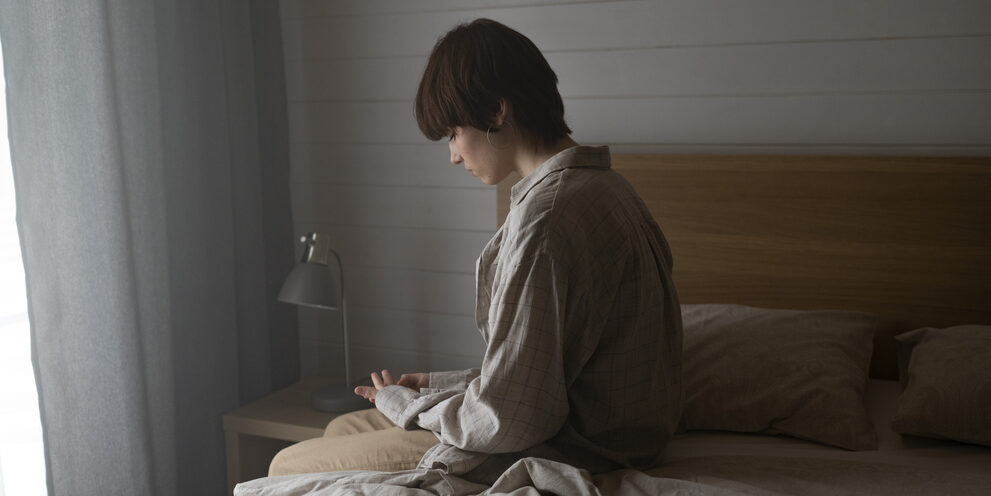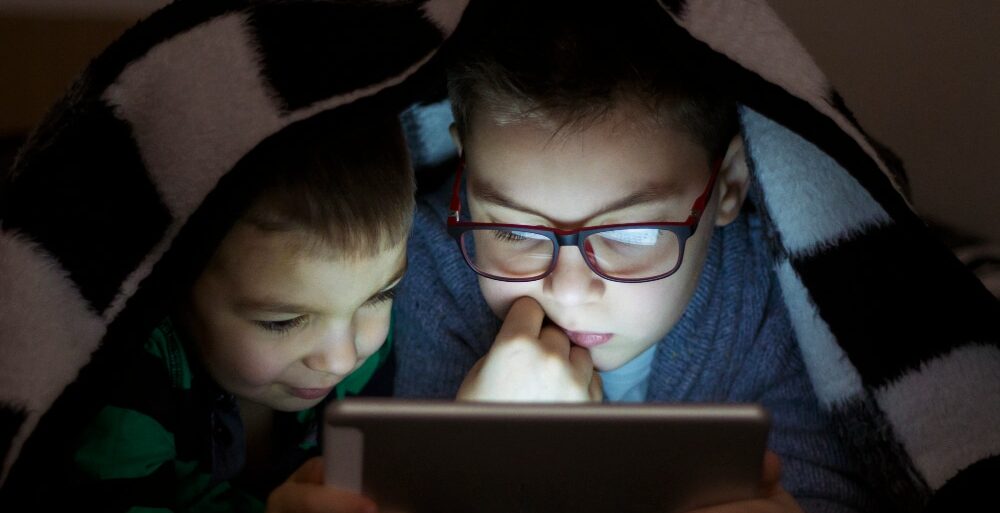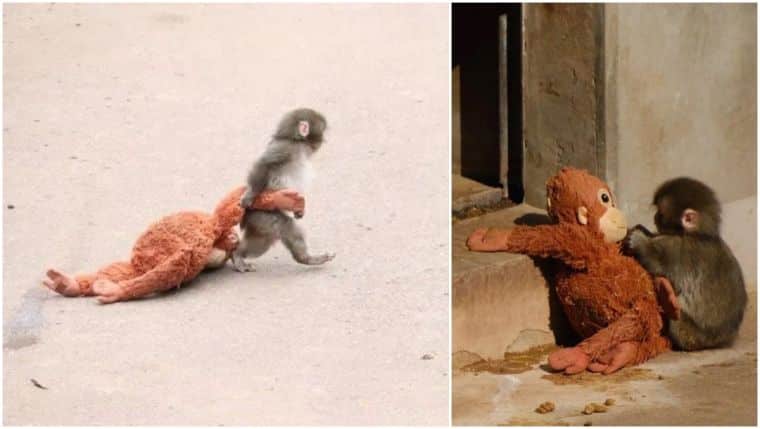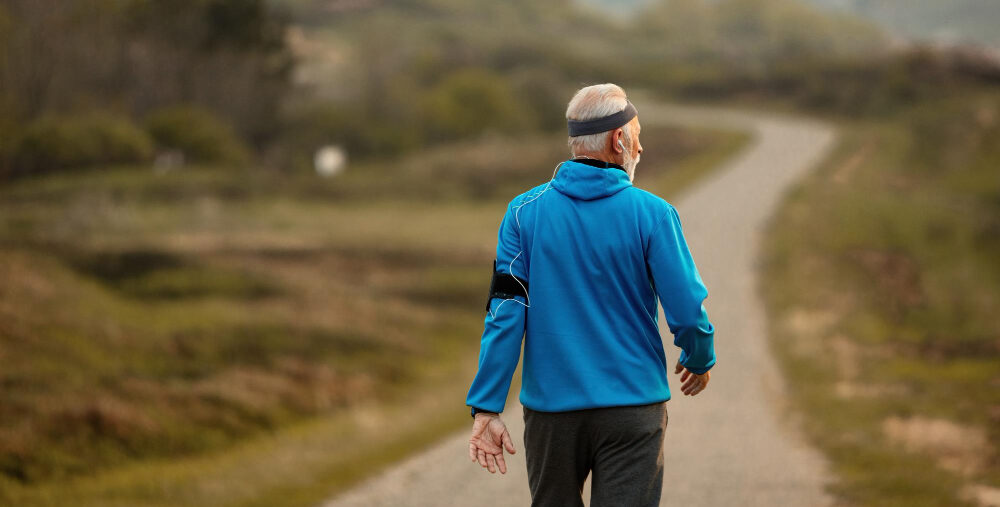One in six people globally are affected by loneliness, which contributes to an estimated 100 deaths every hour—more than 871,000 deaths annually, a new report from the World Health Organization (WHO) Commission on Social Connection has revealed.
The report highlights the impact of social connection on health, well-being, and economic outcomes, calling for urgent action to address loneliness and social isolation as a public health priority.
According to the WHO, social connection means the ways people interact and relate to others, while loneliness is the painful feeling stemming from a gap between desired and actual social connections. Social isolation, on the other hand, refers to a lack of sufficient connections.
“In this Report, we pull back the curtain on loneliness and isolation as a defining challenge of our time. Our Commission lays out a road map for how we can build more connected lives and underscores the profound impact this can have on health, educational, and economic outcomes,” said Dr Vivek Murthy, Co-chair of the WHO Commission on Social Connection, and former Surgeon General of the United States of America.
Loneliness hits low-income nations hardest
The report calls loneliness a global issue, affecting people of all ages, with young people and those in low- and middle-income countries particularly vulnerable. Approximately 17–21% of individuals aged 13–29 report feel lonely, with teenagers experiencing the highest rates.
In low-income countries, 24% of people report loneliness, double the rate of high-income countries, which is about 11%, the report says.
“Even in a digitally connected world, many young people feel alone. As technology reshapes our lives, we must ensure it strengthens—not weakens—human connection. Our report shows that social connection must be integrated into all policies—from digital access to health, education, and employment,” said Chido Mpemba, Co-chair of the WHO Commission on Social Connection and Advisor to the African Union Chairperson.
Reports suggest that loneliness costs the US economy $460 billion, just from absenteeism.
India problem too
In 2016, the Centre for the Study of Developing Societies along with Konrad Adenauer Stiftung conducted a survey of the attitudes, anxieties and aspirations of India’s young population (aged 15-34 years).
“12% or about one in every eight 15-34-year-olds reported feeling depressed very often. 8% said they very often felt lonely, 5% admitted to feeling worthless very often, and about 3% reported getting suicidal thoughts very often,” the findings of the survey released in April 2017 revealed.
Multiple causes
The report identifies multiple causes of loneliness, including poor health, low income, inadequate community infrastructure, and excessive screen time, which can harm mental health, particularly among youth.
Certain groups, such as people with disabilities, refugees, migrants, LGBTQ+ individuals, and ethnic minorities, face additional barriers to connection due to discrimination.
Health impacts
The health impacts of loneliness are stark. It increases the risk of stroke, heart disease, diabetes, cognitive decline, and premature death. Lonely individuals are twice as likely to experience depression and are at higher risk of anxiety and suicidal thoughts. Beyond health, loneliness affects education and employment, with lonely teenagers 22% more likely to achieve lower grades and lonely adults facing challenges in maintaining jobs or earning potential.
Communities also bear the cost. Loneliness undermines social cohesion, reduces productivity, and strains healthcare systems, costing billions annually.
Solutions
The report proposes a five-point roadmap to address the crisis, focusing on policy changes, research, interventions, improved measurement through a global Social Connection Index, and public engagement to shift social norms.
Solutions can range from national policies to strengthen social infrastructure, like parks, libraries, and cafés, to individual actions, such as reaching out to a friend, joining community groups, or seeking professional support for severe loneliness.
The WHO calls on governments, communities, and individuals to prioritize social connection. Simple steps, like putting away phones to engage in conversation or volunteering, can make a difference.
Also read: Climate change-induced Solastalgia fuels loneliness, depression, PTSD, says psychologist
















